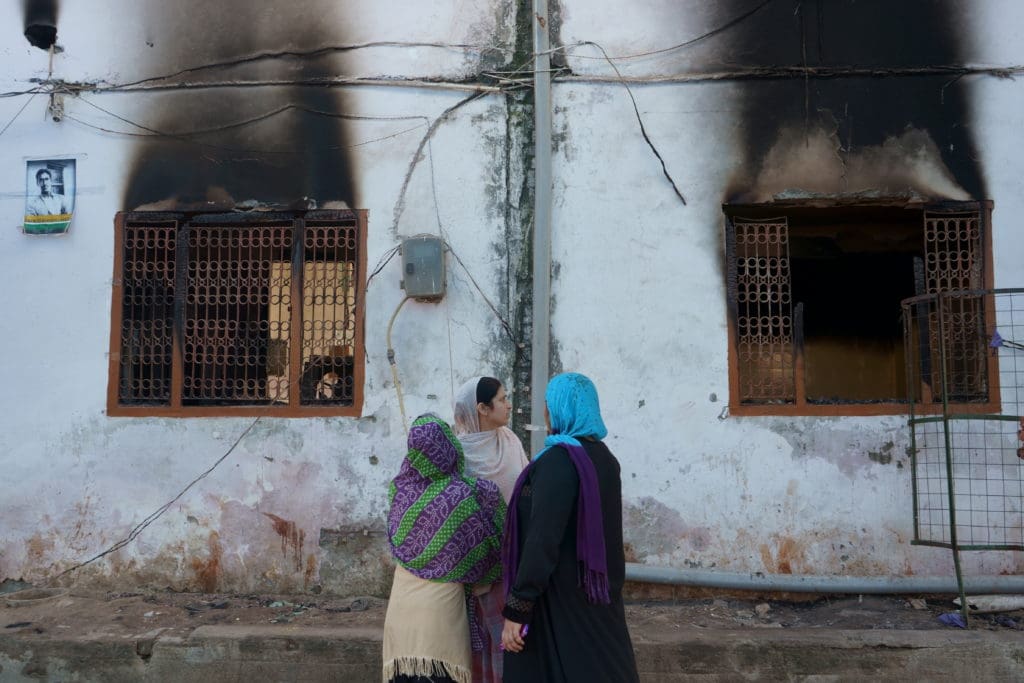New Delhi: In a move that will address lingering uncertainty surrounding the legality of the Modi government’s decision to scrap Jammu and Kashmir’s special status, a five-judge constitution bench of the Supreme Court is finally set to schedule hearings on a batch of 23 petitions challenging the August 2019 move.
The matter was last heard in March 2020 before going in to limbo.
The court today said that a five-judge bench, led by Chief Justice D.Y. Chandrachud, will meet on July 11 to “pass directions” – i.e. schedule hearings on challenge to the Presidential Order of August 5-6, 2019, and the Jammu and Kashmir Reorganisation Act, 2019.
Normally, when a constitution bench is set up, it first issues directions after assessing how long the matter is likely to take and how many lawyers need to be heard. In all likelihood, say legal experts, the actual hearings will be held sometime in August.
Justice Sanjay Kishan Kaul, Justice Sanjiv Khanna, Justice B.R. Gavai, and Justice Surya Kant will be part of the bench. Since Justice Kaul retires at the end of December, the bench’s verdict will have to be delivered before then.
The Presidential Order of August 5-6, 2019 blunted Article 370, which accorded special rights and privileges to the people of J&K since 1954, in accordance with the terms on which the erstwhile princely state acceded to India in 1947. The special status was effectuated by the insertion of Article 35A via a Presidential Order in 1954 on the advice of the Jawaharlal Nehru Cabinet.
Following the reading down of Article 370 in August 2019, the Jammu and Kashmir (Reorganisation) Act of 2019 came into effect and resulted in the bifurcation of the J&K state into two Union territories of J&K and Ladakh. In a day, J&K lost its status as a state and became a Union territory. Before the changes were effected, Jammu and Kashmir had been put under lockdown.
The petitioners say the move by the Government of India was “unilateral”, and did not have the “consent of the people of [J&K]”.
When the matter was heard last, the apex court declined the petitioners’ plea to refer the matter to a larger bench.
The Supreme Court has – more than on one occasion, since the time of former CJI Ranjan Gogoi – said it will ensure an ‘early’ listing of the petitions. However, the issue has been pending, even four years after the reading down of Article 370. Last year, on April 25 and September 25, former CJI N.V. Ramana agreed to list the matter for ‘early’ hearing but nothing came of it…
This story was originally published in thewire.in. Read the full story here





